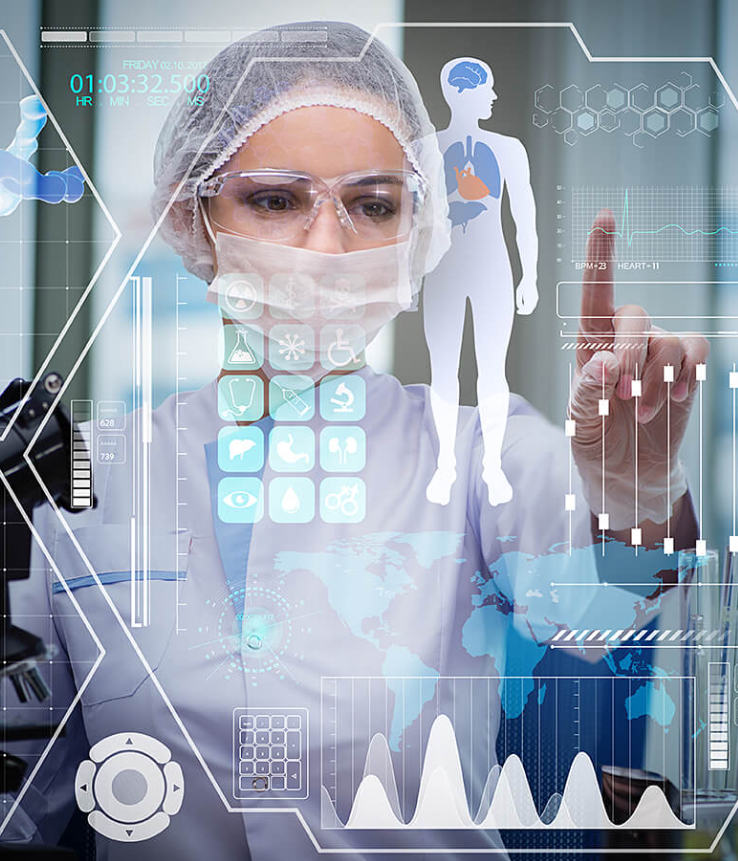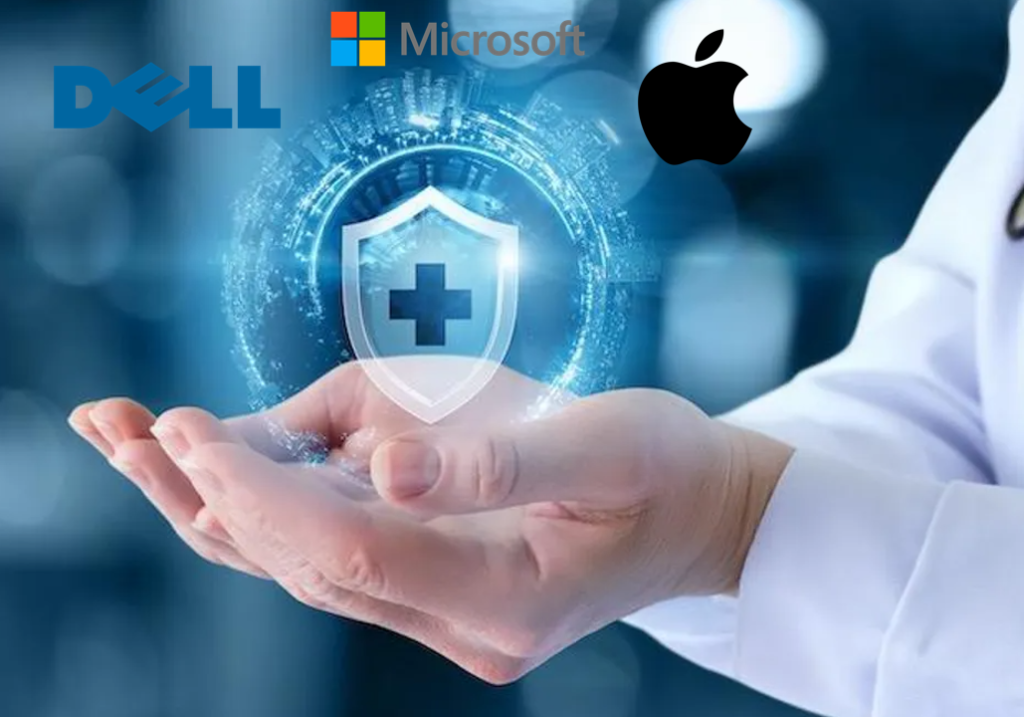Table of Contents
Introduction
Venture capitalist Jim Breyer has a history of investing in breakthrough technology ideas, such as Meta and Spotify. However, he believes the most significant investment opportunity lies in the combination of artificial intelligence (AI) and Medicine.

This article will explore Breyer’s views and the challenges and opportunities AI presents in transforming healthcare.
The Attractive Investment Opportunity
According to Breyer, AI, and medicine represent the most attractive new investment opportunity he has ever seen.
He is not alone in this belief, with tech leaders like Michael Dell, Satya Nadella, and Tim Cook also increasing their investments in healthcare and medicine.

The potential for AI in this field is immense, but to realize its potential, a collaboration between big tech talent and the medical field is crucial.
Collaboration and Challenges
Breyer emphasizes the importance of bringing together machine learning experts from companies like Amazon, Google, or Microsoft with Nobel-winning doctors and medical specialists.
This collaboration will be challenging but will result in breakthrough investment returns for both public and private companies.
Dr. Sanjiv Patel, president & CEO of Relay Therapeutics, agrees that the intersection of drug discovery and computational science is now a reality, with three AI-backed clinical trials already underway.

However, he cautions that the road to transformation is filled with obstacles and an uncertain timeline.
One challenge lies in obtaining high-quality, clean data sets for AI to work with. Another issue is bridging the gap between scientific talents in both computation research and core sciences like physics, biology, or chemistry.
The availability of bilingual scientists, those fluent in both computation and core sciences, is crucial for progress.
The Role of AI in Healthcare
Dr. Vineeta Agarwala, a general partner at Andreessen Horowitz, believes that embracing AI in the knowledge industry is essential, comparing it to the adoption of personal computing technology decades ago.
She expects the impact of AI on healthcare to be “obvious” within five to ten years.
AI has the potential to address physician burnout by streamlining workflows and providing valuable insights.
Microsoft has already integrated ChatGPT with its medical dictation software for doctors, demonstrating the potential for AI to contribute to a reduction in burnout.
In the realm of “real biology,” AI is already being applied to make better decisions for medicinal chemistry teams, such as picking better molecules or predicting the toxicity of certain molecules.
Talent that chooses to use AI to augment their role will have a “superpower” in the next five to 10 years.
Creating Companies and Nurturing Talent
For AI and medicine to reach their full potential, big tech and big-cap pharma need to come together to create companies.
Cloud services run by big tech companies like Microsoft and Amazon will be immediate beneficiaries.
Breyer sees the most promising talent pool in the 30 to 35-year-old alumni of companies like Meta, Microsoft, and Alphabet, who are passionate about entering the AI and medicine field.
He advises the next generation of professionals to study linear algebra, computation, chemistry, and biology, as these fields are fundamental to the opportunities at the intersection of computation and science.
Conclusion
The future of AI in medicine is bright, with venture capitalists like Jim Breyer leading the charge in identifying and nurturing the potential of this groundbreaking combination.
As more tech leaders and medical professionals collaborate and embrace AI, the healthcare industry can expect significant advancements and improvements in the years to come.
